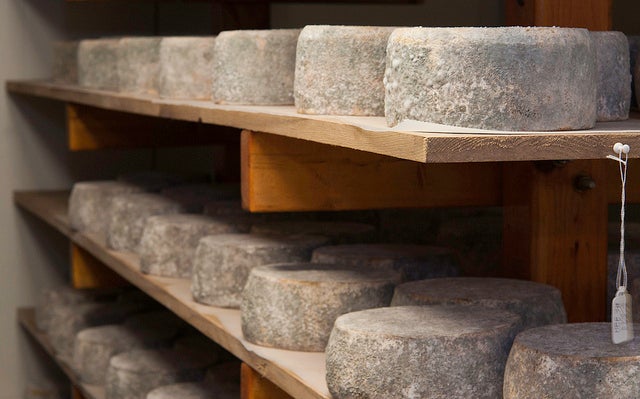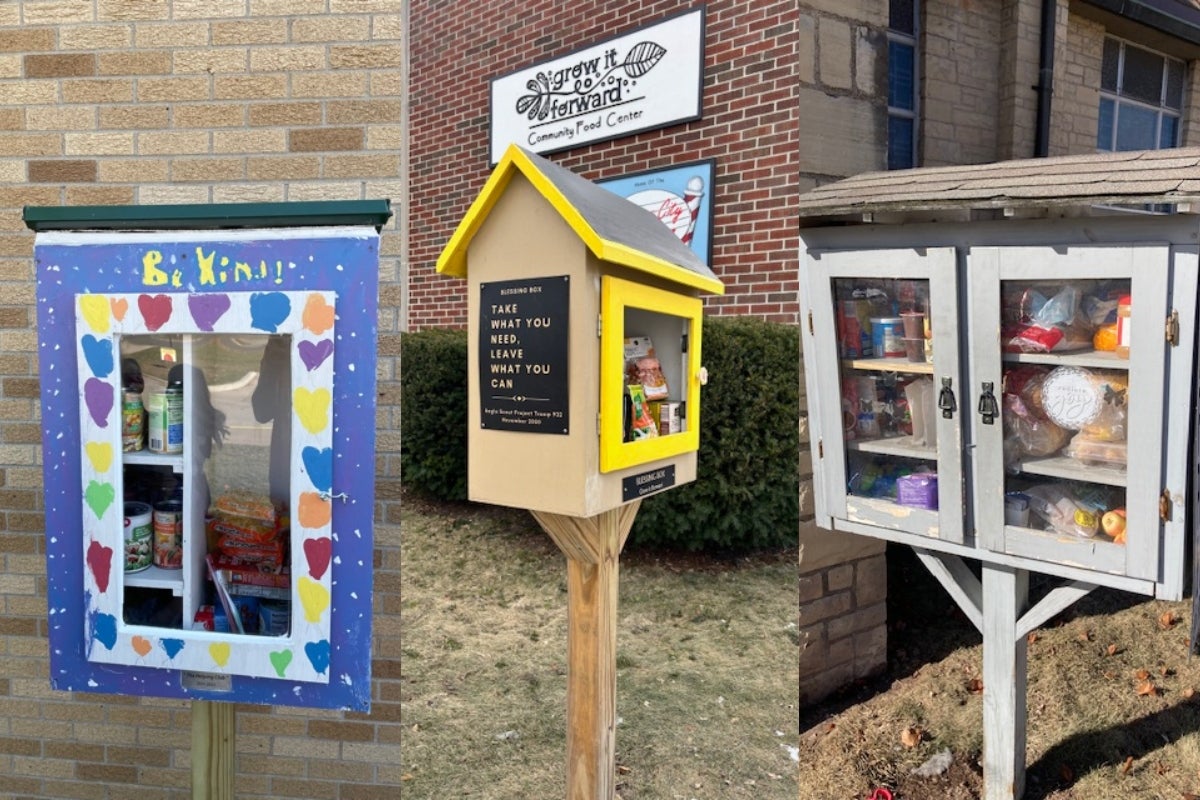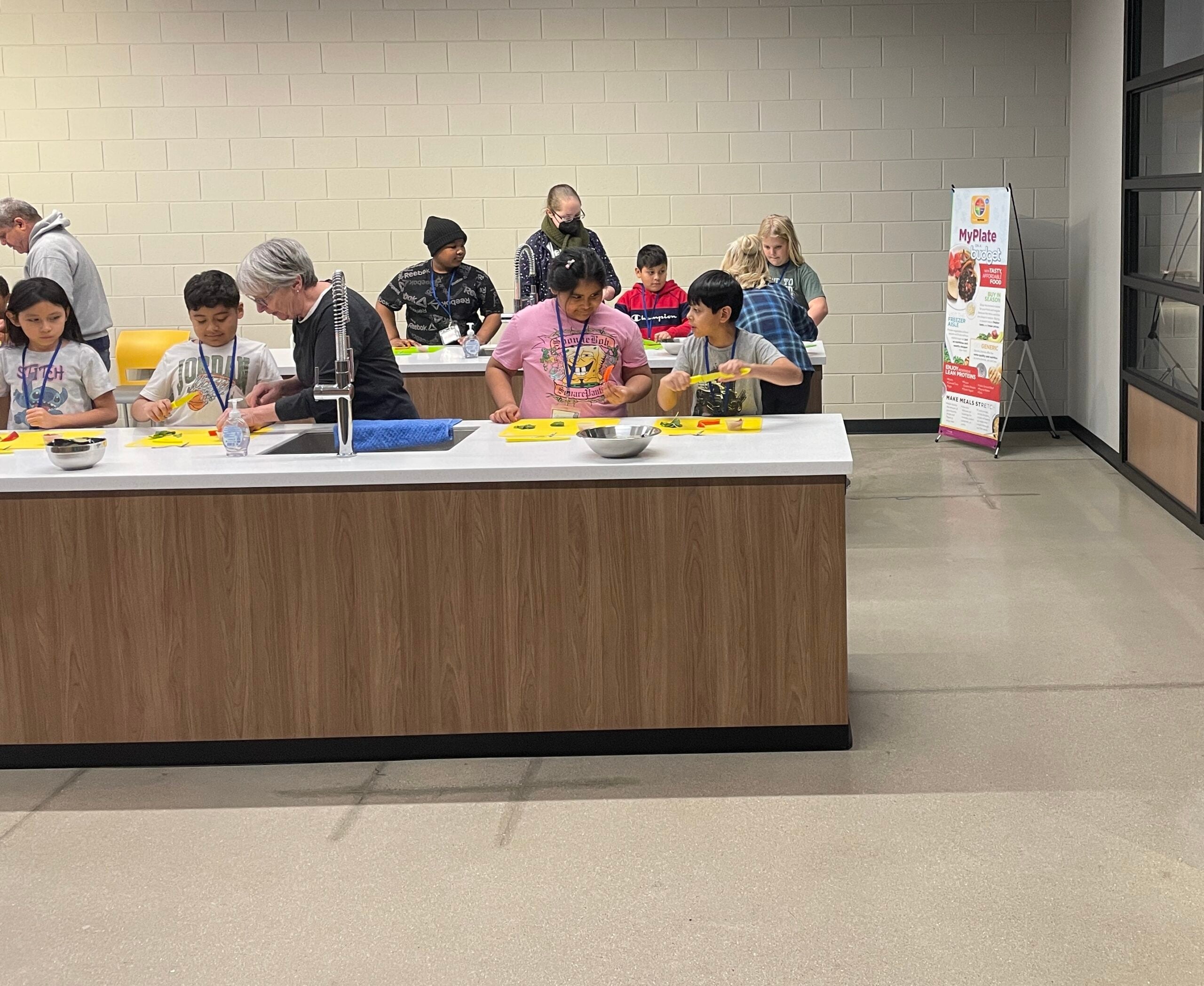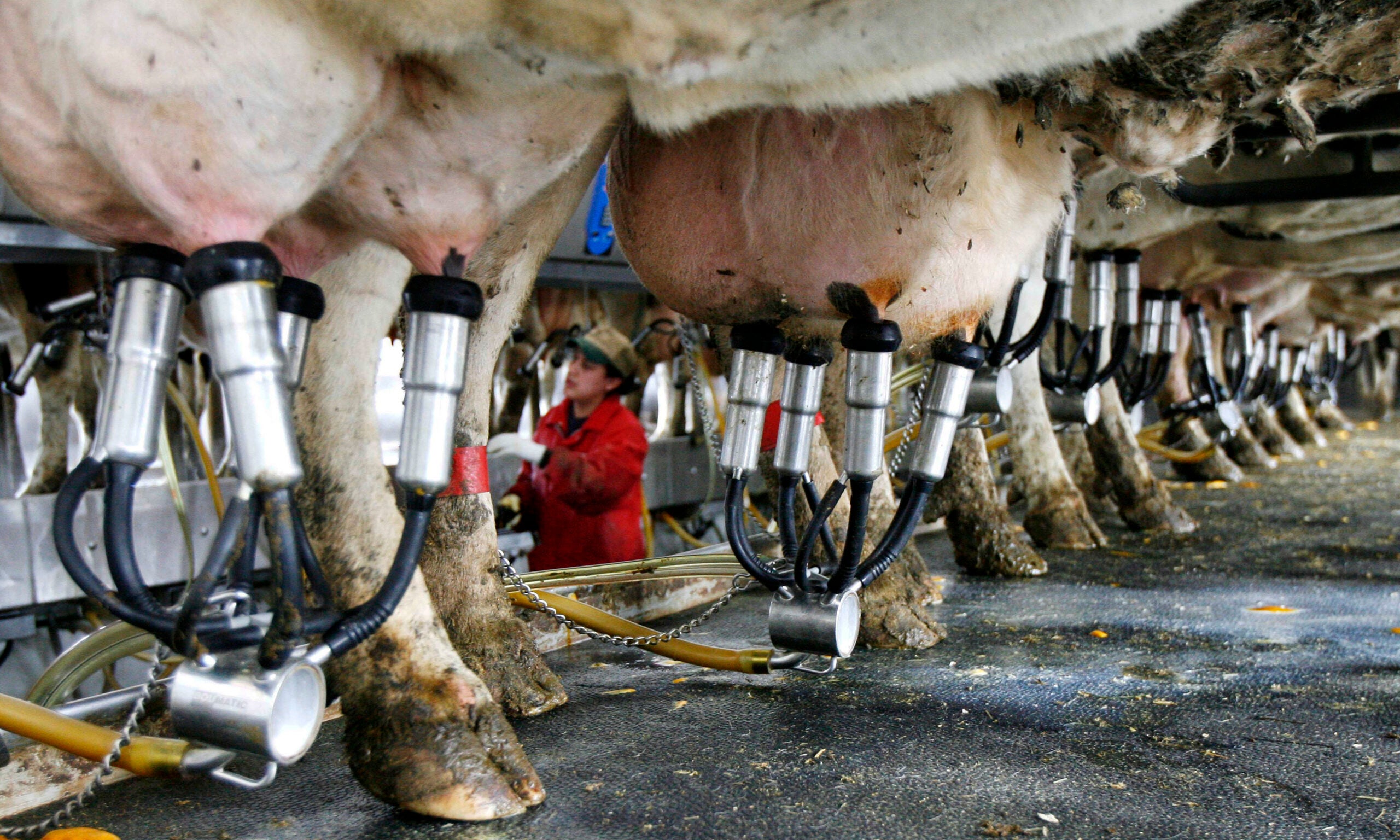The Wisconsin dairy industry is partnering with a Milwaukee-based food bank to distribute milk to those in need during the coronavirus pandemic.
The Hunger Task Force announced Wednesday they would spend up to $1 million on dairy products through the new Wisconsin Dairy Recovery Program.
The program will purchase milk and other products from processors in the state and distribute them to local food pantries.
Stay informed on the latest news
Sign up for WPR’s email newsletter.
Executive Director Sherrie Tussler said her organization wanted to find a way to support the state’s dairy farmers after hearing reports of producers dumping unsold milk.
“Simultaneously, the Hunger Task Force was receiving a great many donations from the general community to address hunger during the pandemic. And we thought that we should use those resources and dedicate them to Wisconsin farmers,” Tussler said.
She said the Hunger Task Force saw a 60 percent increase in demand for food in March, with most of their partner food pantries requesting emergency orders of food.
The dairy recovery program is a partnership with milk marketing group Dairy Farmers of Wisconsin and the state Department of Agriculture, Trade and Consumer Protection.
Patrick Geoghegan is executive vice president of industry relations for Dairy Farmers of Wisconsin. He said his organization will help connect the Hunger Task Force to dairy processors in the state.
The program already has plans to purchase milk from Kemps, which has a plant in Cedarburg.
Geoghegan said he also hopes to bring in other kinds of dairy products.
“In my calls to the food banks, I hear consistently that they’d love to have butter, and they can never get enough yogurt or cottage cheese,” Geoghegan said.
He said half of the cheese produced in Wisconsin is used by the food service industry, which has largely been closed down as a way to stop of the spread of the new coronavirus.
DATCP Interim Secretary Randy Romanski said his department will help connect different players in the processing industry to meet the program’s demand.
“We know who can help move fluid product from place to place, and we connect those people together,” Romanski said.
He said the agency is not providing funding or helping to choose processors to participate.
Romanski said the pandemic has created a “substantial change” to the way dairy products are being consumed. He said the short-term loss in demand could create lasting damage to the state’s supply chain.
“The key with a program like this or if and when the USDA (U.S. Department of Agriculture) brings additional purchasing power to bear, is that it keeps product moving through the supply chain,” Romanski said. “That product finds its way so that when the economy continues to respond and then recover, the systems are in place.”
He said his agency has already requested USDA help to relieve the oversupply by purchasing dairy products for food assistance programs.
Tussler said the Hunger Task Force also hopes to work with DATCP to create similar programs for other Wisconsin commodities, like potatoes and cranberries.
Wisconsin Public Radio, © Copyright 2025, Board of Regents of the University of Wisconsin System and Wisconsin Educational Communications Board.





